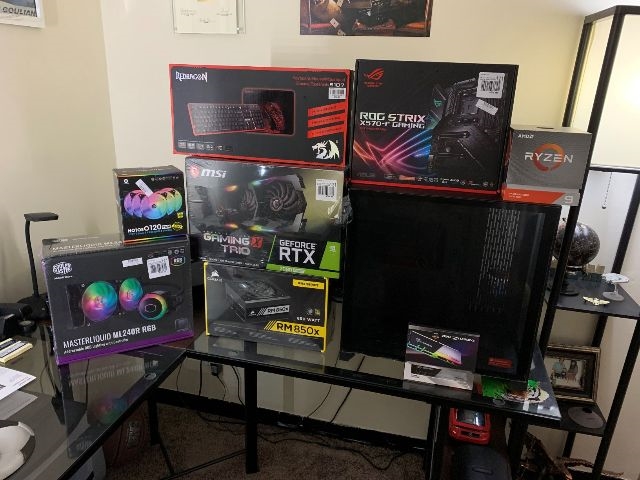Gaming and Mental Health
In recent years, the world of gaming has expanded exponentially, transforming from a niche hobby into a global industry. With millions of players worldwide, video games have become a significant part of modern culture. Yet, amidst the fun and excitement, questions have arisen about the impact of gaming on mental health. In this article, we will explore the benefits and drawbacks of gaming on mental well-being.
The Benefits of Gaming
1. Stress Relief
One of the most prominent advantages of gaming is its ability to provide stress relief. Many gamers turn to their favorite titles as an escape from the daily pressures of life. The immersive worlds and engaging gameplay serve as a distraction, allowing players to temporarily forget about their worries. This escapism can help reduce stress levels and promote relaxation.
2. Cognitive Benefits
Contrary to the stereotype of gamers as mindless individuals, gaming can actually have cognitive benefits. Many games require problem-solving, strategic thinking, and quick decision-making. These skills can transfer to real-life situations, enhancing cognitive abilities and problem-solving skills.
3. Social Interaction
Multiplayer games and online communities provide a platform for social interaction. Gamers can connect with friends and make new ones from around the world. This sense of belonging can combat loneliness and improve mental health. Additionally, team-based games promote teamwork and communication, fostering valuable social skills.
4. Creativity and Imagination
Gaming often involves exploring fantastical worlds and engaging in creative activities. This fosters imagination and creativity, allowing players to express themselves in unique ways. Creative outlets can be therapeutic and improve overall well-being.
The Drawbacks of Gaming
1. Addiction
One of the most significant drawbacks of gaming is the potential for addiction. Excessive gaming can lead to neglect of real-life responsibilities, such as work, school, and relationships. This addiction, known as gaming disorder, can have severe consequences on mental health and overall quality of life.
2. Isolation
While gaming can facilitate social interaction, it can also lead to isolation. Excessive gaming may cause individuals to withdraw from real-life social situations, resulting in feelings of loneliness and depression.
3. Sleep Disturbance
Extended gaming sessions, especially late into the night, can disrupt sleep patterns. Lack of sleep can have detrimental effects on mental health, including increased irritability, anxiety, and cognitive impairment.
4. Escapism
While gaming can be a healthy form of escapism, it can also become an unhealthy coping mechanism. Some individuals turn to gaming as a way to avoid dealing with their problems, leading to a cycle of avoidance and worsening mental health.

Finding Balance
Like many forms of entertainment and recreation, gaming is best enjoyed in moderation. To reap the benefits without succumbing to the drawbacks, it’s essential to find a healthy balance. Here are some tips for maintaining a balanced approach to gaming:
- Set time limits: Allocate specific time for gaming and stick to it. Avoid excessive gameplay that interferes with other responsibilities.
- Prioritize real-life interactions: Maintain relationships and social connections outside of the gaming world.
- Get regular exercise: Physical activity is essential for overall well-being. Make time for exercise to counteract the sedentary nature of gaming.
- Seek professional help if needed: If you or someone you know is struggling with gaming addiction or its impact on mental health, consider seeking professional assistance.
In conclusion, gaming can have both positive and negative effects on mental health. When approached responsibly and in moderation, it can provide stress relief, cognitive benefits, and social interaction. However, excessive gaming can lead to addiction, isolation, and other drawbacks. To enjoy the benefits of gaming while minimizing its potential harms, finding a healthy balance is key. For more insights and further information about gaming and mental health, read more here!

